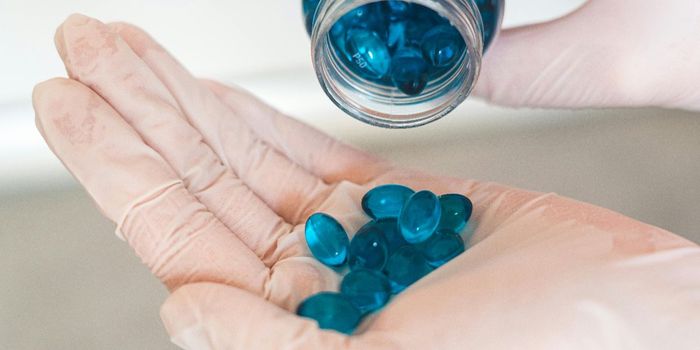First Successful Vaccine for Middle-East Respiratory Syndrome
Researchers have successfully completed the first-in-human clinical trial for a vaccine against MERS (Middle East Respiratory Syndrome). Findings show that the MVA-MERS-S vaccine triggered the development of antibodies and T cell immunity.
Learn more about MVA-MERS-S:
"The results of this vaccine trial are also important and promising with regard to the development of a vaccine against SARS-CoV-2, the new coronavirus," explains Prof. Marylyn Addo, Head of the Division of Infectious Diseases at the UKE and scientist at the DZIF. "The development of the MERS vaccine provides a basis upon which we at the DZIF can rapidly develop a vaccine against the new coronavirus."
The MERS coronavirus was first identified in 2012 and was listed on the World Health Organization (WHO)’s Blueprint list for pathogens that may serve as a threat to human and public health. The virus is communicable from dromedary camels to humans—and from human to human infection. The virus causes a respiratory illness with a mortality rate of up to 35 percent. There hasn’t been an effective vaccine to date against the MERS coronavirus.
"In 2014, together with DZIF partners, we started to develop a vaccine against the MERS coronavirus in preparation for larger outbreaks of the virus in the future," Addo explains.
The vaccine is based on an attenuated virus that was previously been used in eradicating smallpox except it has been altered to contain MERS coronavirus protein components. The same vaccine is now being used for developing protection against the present SARS-CoV-2.
"The tolerability and safety of the vaccine candidate as well as the resulting immune responses are very promising," explains Dr. Till Koch, one of the first authors of the trial. "After the second injection of MVA-MERS-S, antibody formation and T cell responses occurred in 87 percent of the trial subjects," summarizes first co-author Dr. Christine Dahlke.
Prof. Stephan Becker is pleased, "These results show that the new vaccine could potentially be used in future MERS outbreaks."
Scientists are hopeful to use their findings from the trial to give ground to the potential development of a SARS-CoV-2 vaccine. The vaccine will likely use the same viral vector (MVA) by replacing the MERS-CoV spike protein with the SARS-CoV-2 spike protein.
Source: Science Daily









